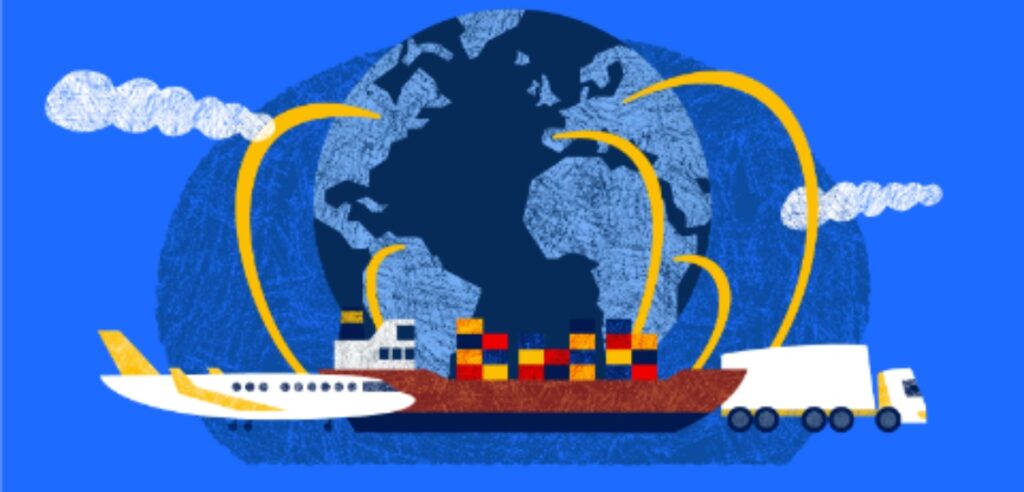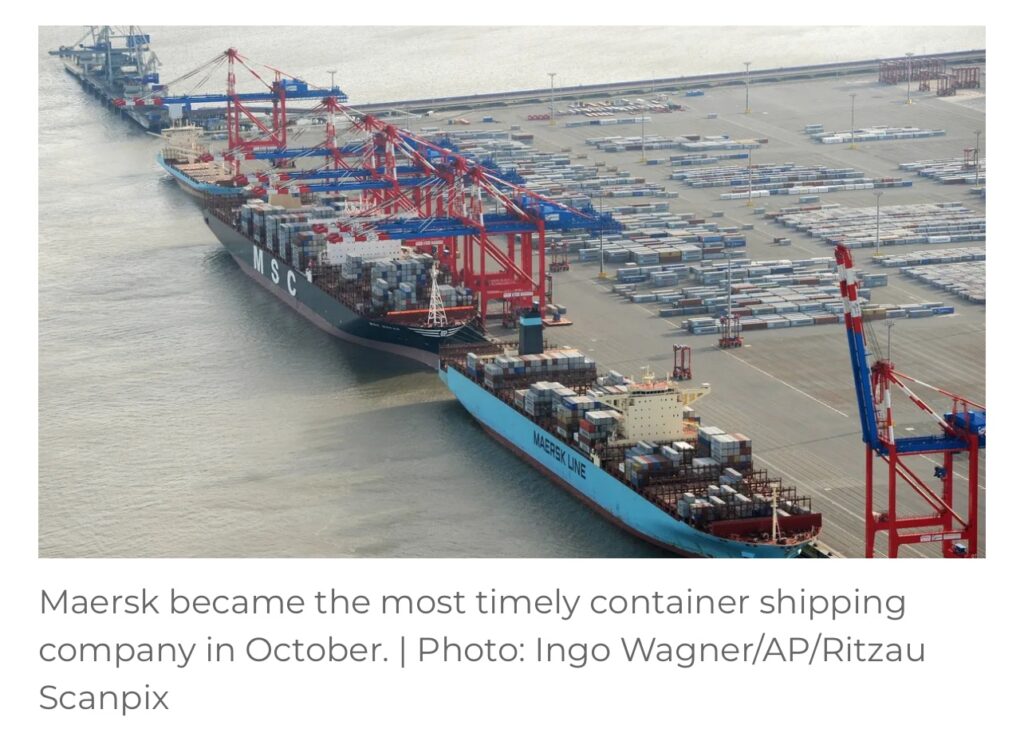The EU negotiates various trade deals all over the world, but they depend on approval by the European Parliament. Read our overview of the negotiations in progress.

Trade agreements are a key component of the EU’s trade policy. as they are a key driver of economic growth. In 2022 the EU was the world’s second biggest exporter of goods (14%) after China (18%) but ahead of the US (10%). It was also the second largest importer (15%) after the US 16%) but ahead of China (13%) in 2022. New trade agreements create new business opportunities for European companies, leading to more jobs being created, while consumers can look forward to more choice and lower prices.
There are concerns that trade agreements can lead to job losses in some sectors due to the increased competition, but these deals always create more jobs than they destroy. Another concern is that they could lead to high quality standards for products such as food being watered down. However, as the EU represents such a large market, it is in a good position to impose its standards on foreign companies.
For MEPs, quality standards are always a red line in trade agreements and any attempt to lower them could be a reason for them to reject them. In addition, EU negotiators often include clauses regarding human rights and labour rights in trade agreements to help improve the situation in the country we are trading with.
The EU has different types of agreements in place with countries. They can focus on reducing or eliminating tariff barriers or establishing a customs union by removing customs duties and establishing a joint customs tariff for foreign imports.
It’s not all about tariffs though. It could also be about investment and how to deal with disputes involving investment. For example, when a company feels a decision by a government is affecting its investment in that country. Non-tariff barriers are also vital such as product standards (for example the EU has banned certain hormones in cattle farming over health fears).
Agreements can also help to protect traditional food products from Europe by getting countries to recognise geographical indications. This means you can’t claim certain descriptions for your product unless they are produced in the region and in the tradition they are associated with. This applies to products such as French Champagne and Greek feta.
See the updated list here: EU FTA list update
Source: EU Commision
Early Sunday morning walk with Mr. Goliat in the winter landscape around Summer Street.

It is always one of the highlights of the day to do the mornkng walk with our two dogs. Today was a specifically beautiful and cold (-7 degrees celcius).
The overall on-time performance of the major container shipping companies this year is almost 13 percentage points higher than last year, according to Sea-intelligence.

Maersk overtakes MCS and reclaims its position.
You can read the article here: shippingwatch
Source: ShippingWatch






You must be logged in to post a comment.